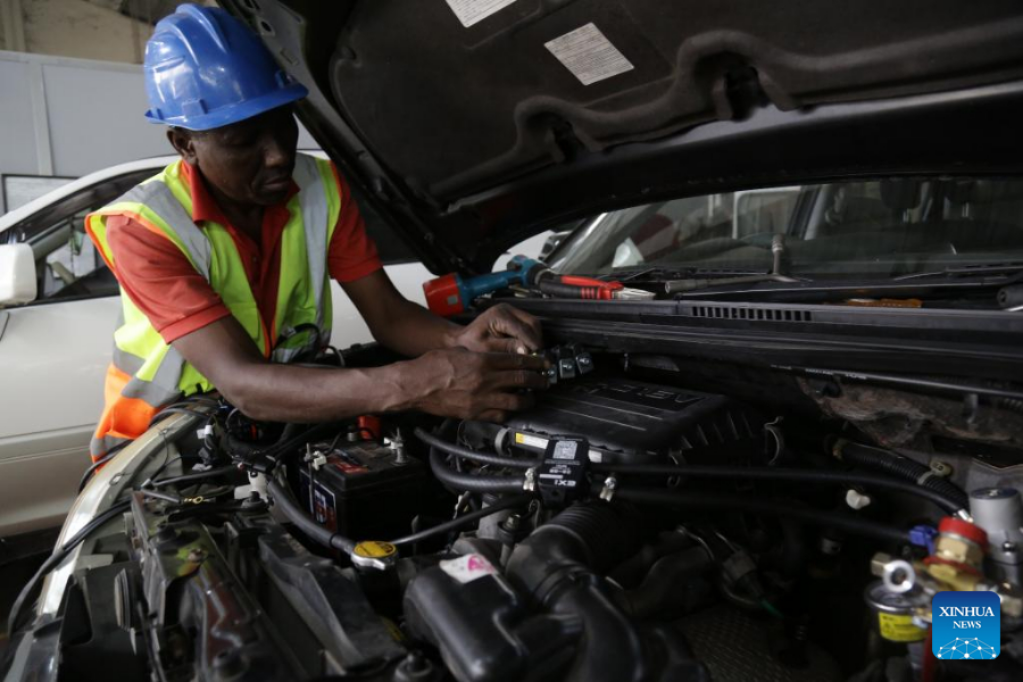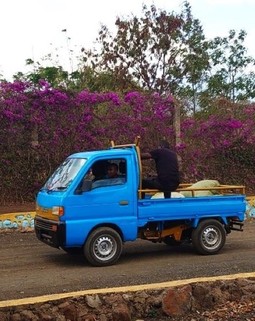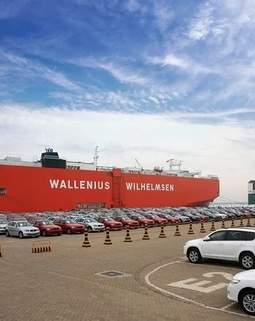Tanzania is making strides towards a more sustainable future by promoting the conversion of internal combustion vehicles from traditional petroleum or diesel to compressed natural gas (CNG). This initiative aims to reduce costs and minimise fossil fuel byproducts, aligning with the country's abundant natural gas reserves.
The Ambitious Project Implementation
The Tanzanian government has invested $65 million in a project to supply 30,000 households with Compressed Natural Gas (CNG) for cooking by 2015. Additionally, the project targets powering 8,000 vehicles in Dar es Salaam, and progress is well underway.
Current Status
Currently, the project is actively supplying natural gas to homes and contributing to the country's Bus Rapid Transit (BRT) initiative, which involves 60 vehicles adapted to run on both petroleum and natural gas as they navigate the capital's highways.
Role in Public Transportation
The Tanzania Petroleum Development Corporation (TPDC) highlights the use of natural gas in the Bus Rapid Transit project, emphasising the economic advantages. By utilising natural gas, the operating costs for the modern public transportation system are significantly lower.
Cost Efficiency
Ismail Naleja of TPDC notes that natural gas is a cost-effective alternative to traditional petroleum products. Comparatively, one kilogram of gas covers a distance equivalent to one and a half litres of petroleum or diesel. This efficiency translates to fewer maintenance cycles for vehicles using natural gas, offering substantial operational savings.
Environmental Impact and Sustainability
Naleja underscores the environmental significance of natural gas, pointing out that it does not emit carbon like conventional fossil fuels. The shift towards natural gas aligns with global efforts to reduce carbon footprints and combat climate change.
Public Awareness
Despite the positive environmental impact, Naleja acknowledges the need for more natural gas stations. Plans are in place to construct 25 new gas stations in the capital to facilitate the growing demand for natural gas.
Challenges and Expansion Plans
While fully converting a vehicle to use natural gas is around $1,000, many Tanzanian drivers are embracing this technology for its efficiency and long-term cost savings.
Infrastructural Challenges
Naleja recognises the challenge posed by the limited availability of gas stations and outlines plans to build 25 new stations in the capital to support the initiative. This expansion is crucial for sustaining the momentum of the natural gas conversion movement.
Conclusion
Tanzania's initiative to transition to natural gas-powered vehicles reflects a commitment to environmental sustainability and economic efficiency. As the country continues to invest in infrastructure and raise public awareness, the prospects for a cleaner, cost-effective transportation future are promising.





